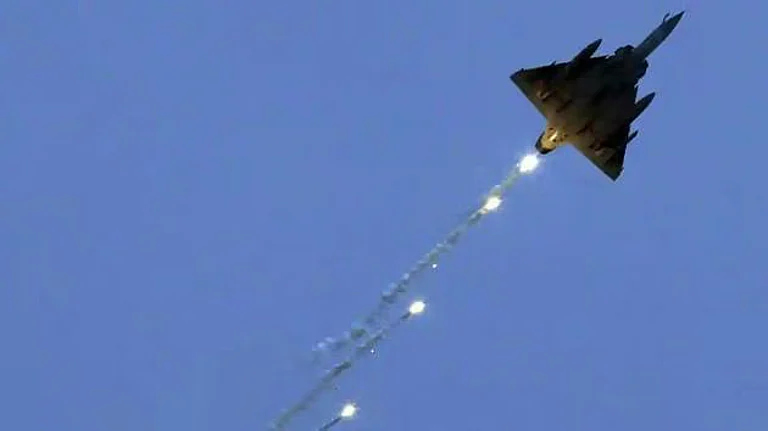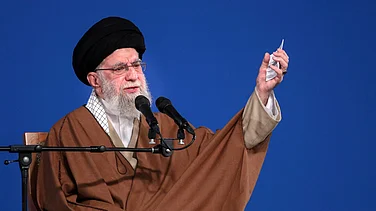
Air India wants diplomatic support to access Chinese airspace over Xinjiang to cut extended flight times.
The Pakistan overflight ban has raised fuel costs by up to 29% and pushed some long-haul routes towards suspension.
The airline warns the impact could reach $455 million annually and seeks temporary government support.
Air India has asked the Indian government to press Beijing for access to a sensitive stretch of Chinese airspace over Xinjiang, seeking relief from mounting operational and financial pressures caused by Pakistan’s continued ban on Indian overflights.
According to Reuters, the request — outlined in an internal document submitted to officials in late October and reviewed by Reuters — comes as the airline struggles with longer flight times and sharply higher fuel costs on long-haul routes. The appeal follows the recent resumption of direct India–China flights after a five-year halt triggered by a border clash in the Himalayas.
Air India’s efforts to restore its international network have already been strained by the June crash of a London-bound Boeing 787 Dreamliner in Gujarat, which killed 260 people and led to temporary safety-related flight reductions. Now, the airline says the Pakistan airspace closure has increased fuel expenses by up to 29% and lengthened some journeys by as much as three hours.
According to Reuters, the government is assessing the airline’s request to seek Chinese approval for an alternative routing and emergency access at Hotan, Kashgar and Urumqi in Xinjiang. The document states: “Air India’s long-haul network is under severe operational and financial strain ... Securing Hotan route will be a strategic option.” The carrier estimates the ban’s annual hit to profit before tax at $455 million, a significant burden given its 2024–25 loss of $439 million.
China’s foreign ministry said it was unaware of the matter and referred Reuters to “the relevant authorities”. Air India and civil aviation authorities in India, China and Pakistan did not respond to Reuters’ questions.
The airspace Air India is seeking lies near some of the world’s highest mountains and is normally avoided by foreign airlines because of safety concerns if a decompression incident occurs. The region also falls under the People’s Liberation Army’s Western Theatre Command, which handles contingencies involving India and operates from several dual-use airports. Open-source analyst Damien Symon has noted recent expansion at the Hotan airbase. Data from AirNav Radar shows no non-Chinese carriers have used Hotan airport in the past year.
Aviation consultant Shukor Yusof said: “Air India can try, but it’s doubtful China will accede” given the terrain, limited diversion airports and potential security sensitivities, reported Reuters.
The airline argues that without access to the Hotan corridor, several long-haul services are becoming unviable. Its Delhi–Washington flight was suspended in August, and the direct Mumbai- and Bengaluru–San Francisco routes face similar pressure due to an added three hours of flying time, including a technical stop in Kolkata. A Lufthansa connection from San Francisco to Mumbai via Munich is now only slightly longer than Air India’s offering. The document warns that passengers are moving to foreign carriers “due to shorter flight time as they have the benefit of Pakistan overflight”.
Air India says the proposed route over Xinjiang could cut additional fuel burn, reduce delays, and help restore passenger and cargo capacity trimmed by up to 15% on routes such as Delhi–New York and Delhi–Vancouver. It estimates weekly savings of about $1.13 million.
With no indication that Pakistan will reopen its airspace, Air India is also seeking a temporary government subsidy. The document further highlights legacy tax disputes. Though the government indemnified the airline against pre-sale liabilities when Tata Group acquired it in 2022, several notices have emerged relating to old dues totalling $725 million. A confidential notice from March, seen by Reuters, showed authorities warning of “coercive steps” to recover $58 million in one case. Air India said contesting these demands has created “additional cashflow burden... despite assurances during disinvestment”.
The carrier, jointly owned by Tata Group and Singapore Airlines, has placed aircraft orders worth $70 billion and says the combined operational, financial and legal pressures are complicating its turnaround plans.
(With inputs from Reuters)


























